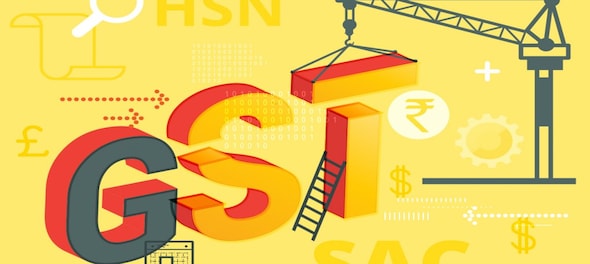
The 45th action-packed GST Council meeting saw a slew of discourses around taxation on a number of imperative issues. The meeting deliberated upon issues such as COVID-19 related relief, taxation implication on services of cloud kitchens and food delivery platforms, and the possibility of taxation on petroleum products.
The Council also imminently decided to extend the GST relief on several drugs related to Covid-19 treatment till December 31. Simultaneously, tax cuts were announced for other life-saving drugs. However, unfortunately there was no announcement of retrospective application to the May 2021 notification that exempted oxygen cylinders and other related items from IGST. This was expected in light of the reimbursements announced by Gujarat and Haryana.
As the country reels from the effects of the deadly second wave of the pandemic that wrecked the nation, it is heartening to see overall focus on employing fiscal measures on the vulnerable medical sector.
Another highly debated issue was inclusion of petroleum products into the ambit of GST. The Council had been directed to include the products by a Kerala High Court. In light of the decision of Kerala High Court, the issue was on the agenda but the industry will have to wait with bated breath for relief.
Perhaps, the inclusion, whenever initiated, may start at piecemeal. The Council notified that from January 1 e-commerce operators (ECOs) dealing with food delivery (Swiggy, Zomato, etc.) will be taxed at 5 percent. However, the tax burden on the customer must ideally remain the same as earlier restaurants were responsible for tax payment and now the burden has been shifted to the ECOs making the deliveries. These changes are imperative as the statutory provisions must adapt to the fast-changing pace of doing innovative businesses. It remains to be seen how the tax cascading effect will be addressed. For instances when Zomato pays GST for the consideration charged for home delivery, whether Zomato will be eligible to avail credit of the procurements done from the restaurants.
There will be clarifications that services by cloud kitchens/central kitchens are covered under ‘restaurant service’ (taxed at 5% GST without ITC, supply of ice cream by parlors would attract 18%, services by way of grant of mineral exploration and mining rights attracted 18% w.e.f. 01.07.2017 and alcoholic liquor for human consumption is not food/ food products for prescribing 5% on job work services. Some of these clarifications will be disputed).
While the Council adopted a holistic approach in considering various significant issues, it remains to be seen whether the measures suggested will turn out to be beneficial, harmful or stagnant compared to the demands of the nation. With the everyday livelihood of millions at stake, the need for newer, more stable taxation measures is of the utmost importance to prevent the vulnerabilities of the fiscal economy from impacting the public at large. In such an environment, the role of the GST Council to implement fervent action will remain a key.
—Abhishek A Rastogi, Partner at Khaitan & Co. Views in this article are personal and do not constitute legal/ professional advice of Khaitan & Co.
(Edited by : Bivekananda Biswas)
First Published: Sept 19, 2021 9:39 PM IST
Check out our in-depth Market Coverage, Business News & get real-time Stock Market Updates on CNBC-TV18. Also, Watch our channels CNBC-TV18, CNBC Awaaz and CNBC Bajar Live on-the-go!


Andhra Pradesh Lok Sabha elections: A look at YSRCP candidates
Apr 25, 2024 6:54 PM
Lok Sabha elections 2024: Banks and schools to remain closed in these cities for phase 2 voting
Apr 25, 2024 5:33 PM
Andhra Pradesh Lok Sabha elections: Seats, schedule, NDA candidates and more
Apr 25, 2024 5:16 PM

